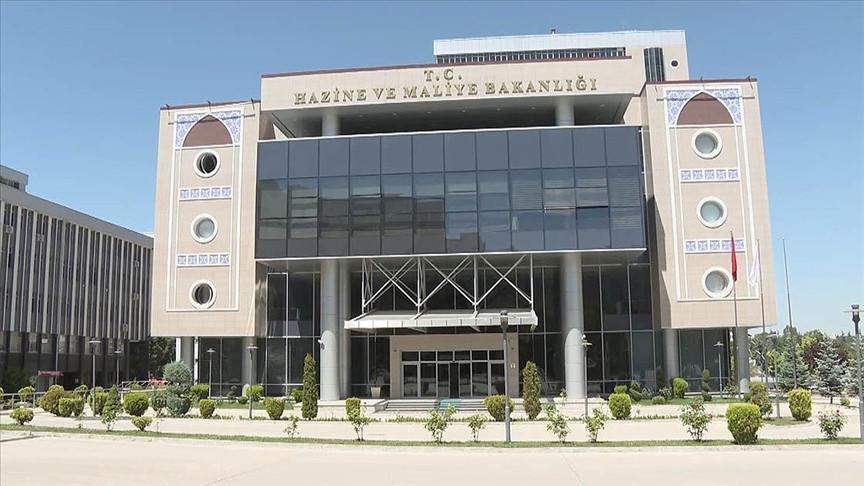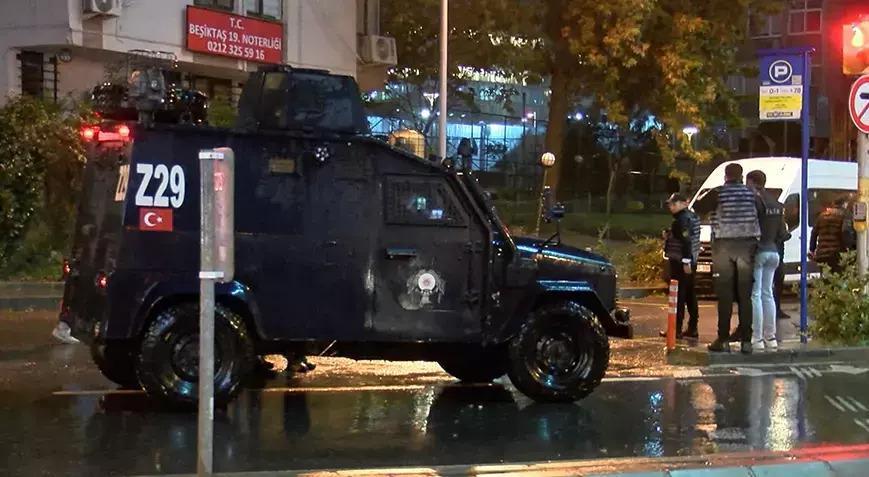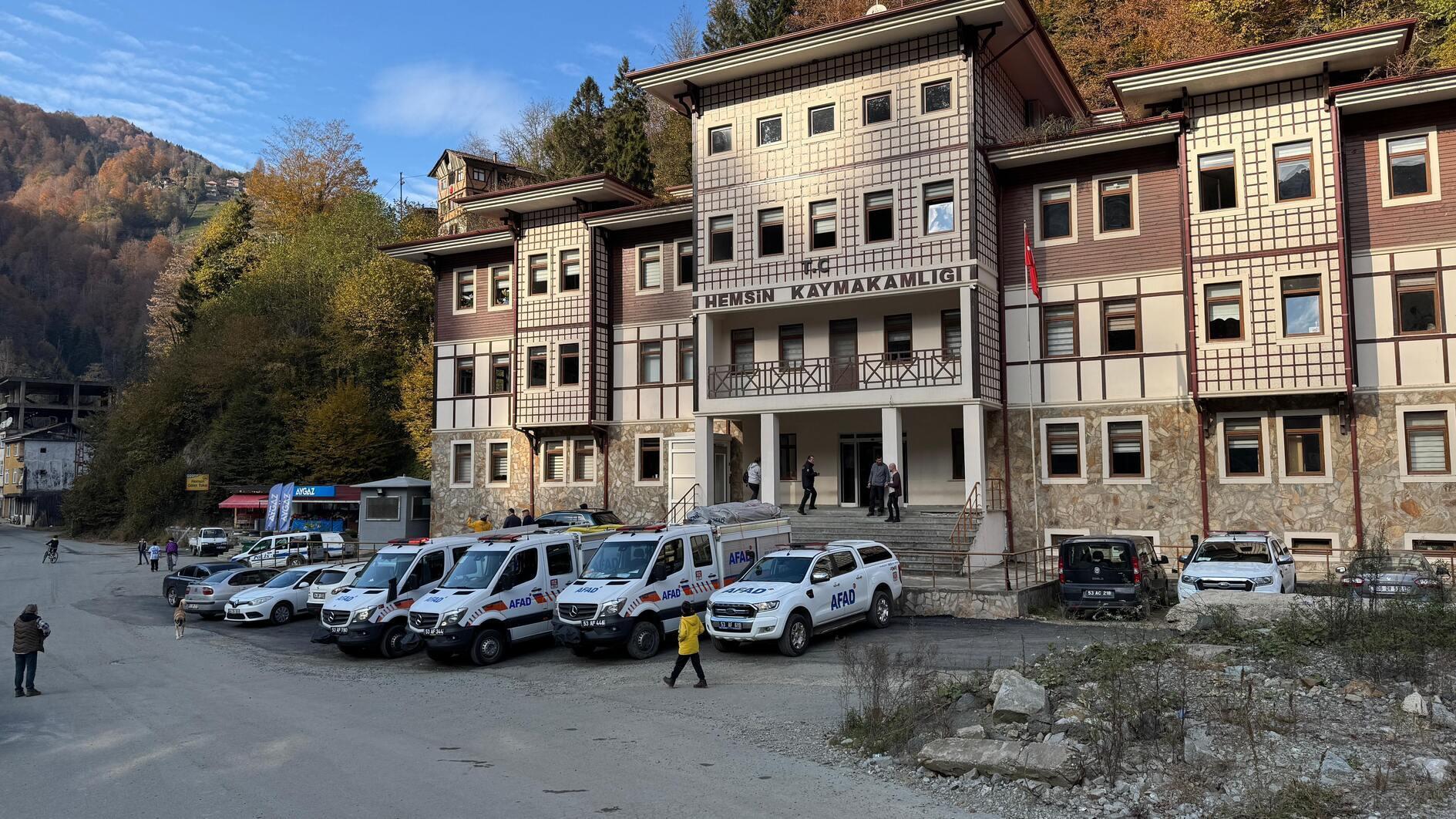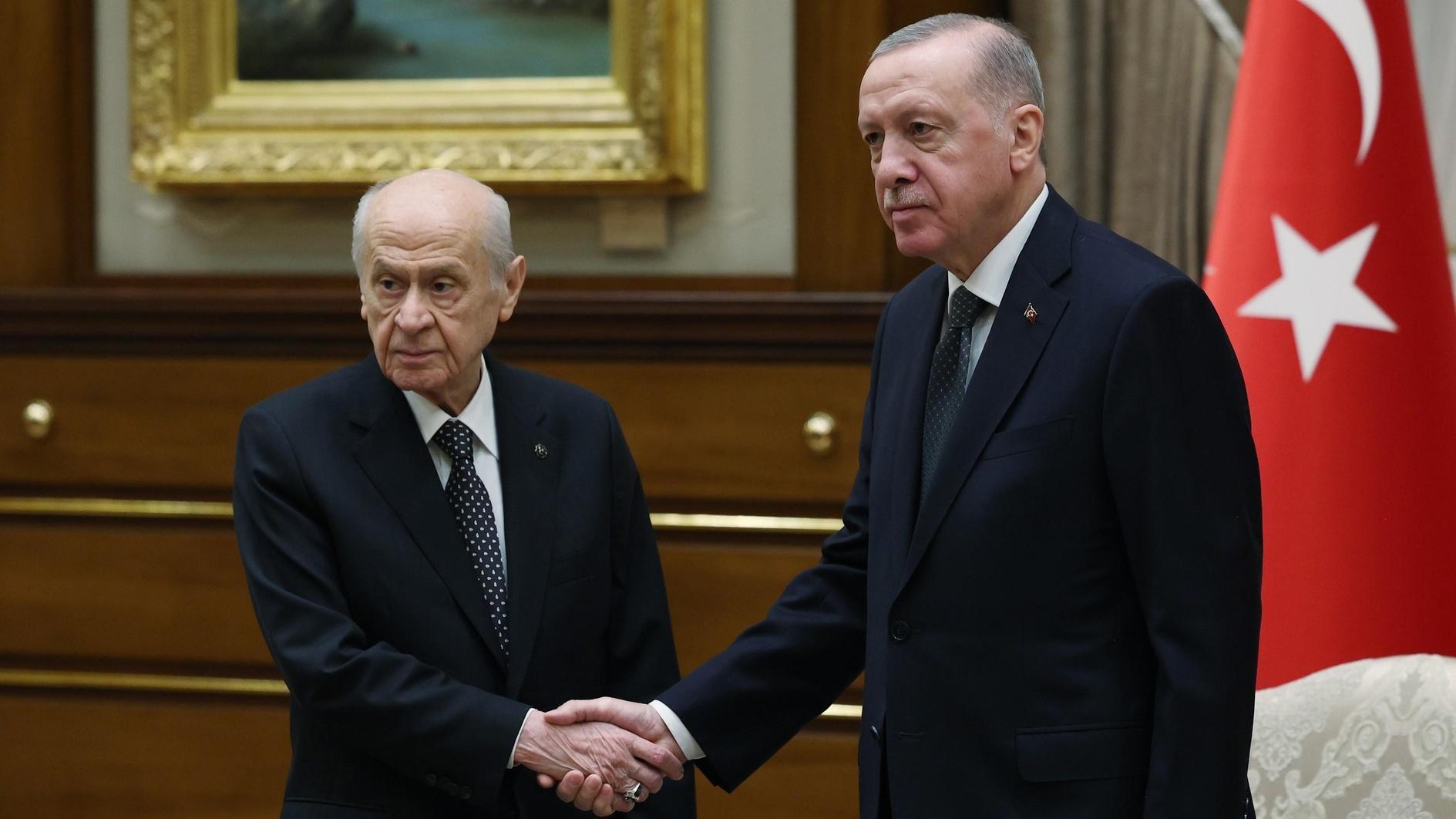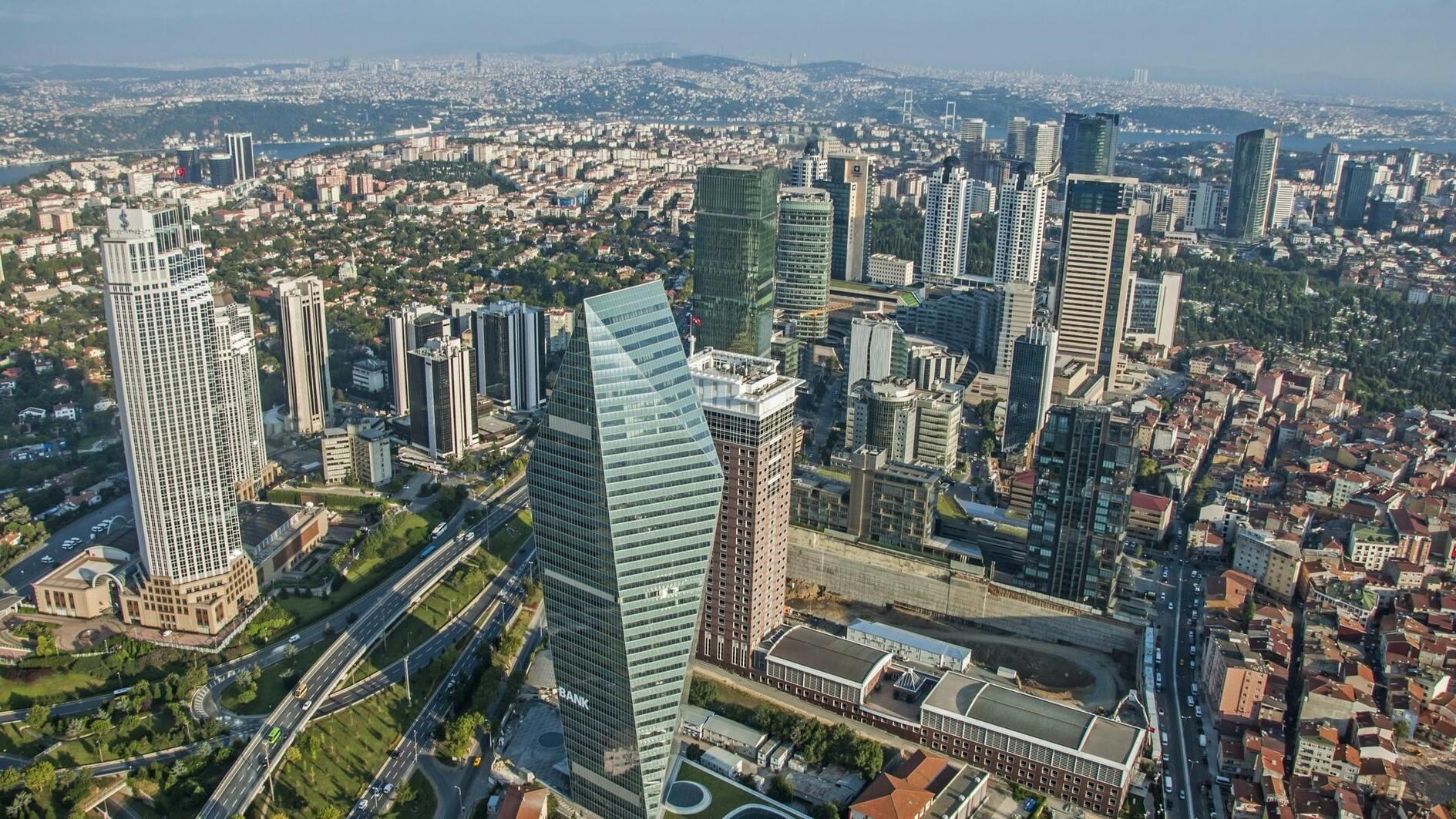Will early elections be held in November 2014?
ANKARA – Hürriyet Daily News

President Abdullah Gül is expected to take over leadership of the AKP if PM Erdoğan becomes the next president. DAILY NEWS photo, Selahattin SÖNMEZ
A forecast about “probable” early elections from a senior adviser to the prime minister has triggered various speculations in the capital city of Ankara.“Within the next year, there will be multiple elections in Turkey, with freely contested elections for local governments, presidential office, and probably, early general elections,” said Ertan Aydın, senior advisor to Prime Minister Recep Tayyip Erdoğan, responsible for domestic politics and public opinion polls, in an opinion article posted on Al-Jazeera’s English website on Dec. 11.
Local elections are scheduled to be held in March 2014, presidential elections in August 2014, and general elections in June 2015. Ruling Justice and Development Party (AKP) executives, including Erdoğan, have ruled out a change to this schedule. However, different scenarios are being talked about behind the scenes.
Today, Erdoğan’s candidacy for the presidency is accepted as a certain fact, rather than being simply an option. Accordingly, President Abdullah Gül will take over leadership of the AKP and will become the prime minister, but as Gül is not a member of Parliament, a method similar to Erdoğan’s election to Parliament from Siirt in 2003 may be applied.
In Gül’s case, the province of Bayburt will be the key. Bayburt has one lawmaker at Parliament who is from the ruling party. According to this scenario, the AKP’s Bayburt deputy will resign and Gül will replace him in a rescheduled election.
Another option being speculated on is the holding of early elections in November 2014, only a few months after the presidential elections in August. In this case, a figure from the AKP will take over the prime ministry temporarily during those few months. AKP Deputy Chair Mehmet Ali Şahin’s name is being cited for such a temporary mission.
However, success or failure in the local elections may have a direct impact on plans regarding presidential elections and, naturally, the outcome of the presidential elections may prompt the AKP to make an early election decision either “obligatorily,” or “voluntarily.”
If Erdoğan eventually gives up the idea of running for the presidency and the party’s internal code from running for office for three consecutive terms is amended in his favor – that is to say, if he goes on holding the seat of the prime ministry - the local and presidential elections will still be determining factors in scheduling an early parliamentary election.
In all scenarios, one thing is certain: Politics in Ankara has recently been focused on the option of having three elections in 2014, rather than two, as currently scheduled. The results of the local elections will be key to both naming the candidate to run for presidency and whether an early general election will be held.
Prep schools draft may wait
Despite having relatively ceased compared to a few weeks ago, tension is ongoing between the government and the Gülen movement, over the former’s plan to “transform” private schools that prepare students for Turkey’s highly competitive high-school and university entrance exams.
The Education Ministry has already drafted the content of a plan that will determine the Gülen movement’s choices in the upcoming March 2014 local elections.Rumors say the draft will be put on the shelf until after the elections, and even if the draft comes before the related parliamentary commissions in the coming days, it is not expected to be sent to the Parliament’s General Assembly in a short time.
Two-bid Constitution deal on the table
Hopes for the writing of the new Constitution may be rising, as the release of jailed deputies was put forward as a sine qua non condition from the opposition Republican People's Party (CHP) for a consensus on any further articles.
After Balbay’s release, rumors say the possibility of a two-party consensus between the ruling AKP and the CHP on other articles related to the judiciary, as well as the 60 articles already agreed upon, may come on the agenda.


